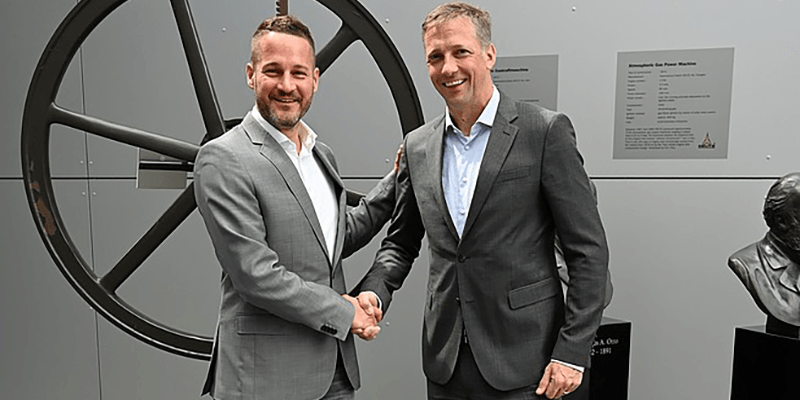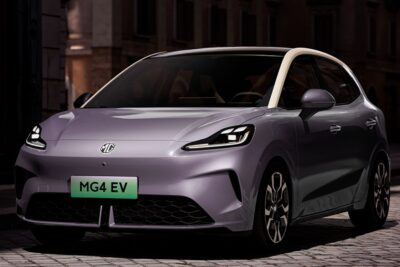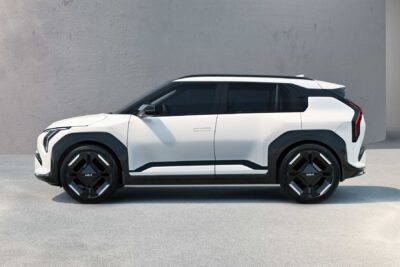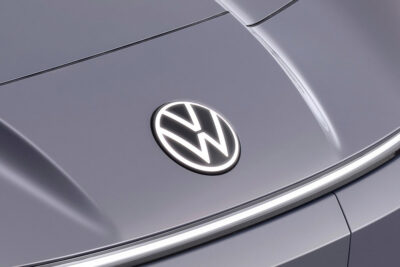Daimler Truck to cooperate with Deutz on electric drives
Daimler Truck is preparing to exit the business with combustion engines through a cooperation with the engine manufacturer Deutz. The background to this is that Daimler Truck no longer wants to invest in the further development of medium-duty Euro 7 motors in view of its e-mobility ambitions.
At the core of the cooperation are two opposing transactions. Daimler Truck acquires 4.19 per cent of the shares in Deutz AG, in return for which Deutz pays for access to Daimler Truck internal combustion engines. According to an accompanying press release, both deals amount to a total of a mid-double-digit million euro sum. The subject of the agreement now signed are medium-duty engines (Daimler-Truck MDEG series) for use in construction machinery, for example, and heavy-duty engines (Daimler-Truck HDEP series), which can power large agricultural machinery, for example.
Deutz says it will pay a staggered cash sum for the acquisition of the licence rights to the heavy engine series. For the acquisition of the on-highway IP rights for the medium-heavy engines, Deutz is issuing around 5.285 million new no-par-value bearer shares by way of a capital increase through contributions in kind, making use of the existing authorised capital. While the heavy-duty engines will continue to be manufactured by Daimler Truck at the Mercedes-Benz plant in Mannheim and delivered to Deutz to complete the engine system, production of the medium-duty engines is expected to take place at Deutz from 2028.
“In line with our strategic focus on transportation that is carbon-neutral at local level, we announced last year that Daimler Truck would not be investing any more of its own money in the further development of its medium-duty engines for the Euro VII emissions standard,” explains Andreas Gorbach, Daimler Truck’s Chief Technology Officer, on the background to the cooperation with Deutz. As reported, this also applies to the city bus segment.
Gorbach announced in August 2021 that he wanted to massively reduce the CO2 emissions of the company’s own truck fleet by 2030 – even beyond the currently politically fixed limits. At the time, it was said that Daimler Truck could achieve a share of 40, 50 or 60 per cent of CO2-neutral battery or fuel cell trucks in sales in the EU by 2030. Manufacturers must reduce the CO2 emissions of new heavy commercial vehicles by an average of 15 per cent from 2025 compared to 2019 and by 30 per cent from 2030. These political targets for the EU truck market date from 2019, but the EU Commission intends to propose stricter CO2 standards for heavy commercial vehicles next month.
Deutz expects the strategic deal with Daimler Truck to help it “grow further in the business with modern combustion engines”. According to CEO Sebastian C. Schulte, the cooperation significantly improves Deutz’s starting position in a consolidating market. “Especially in the heavy-duty sector and in agriculture, conventional drives with combustion engines are still needed – and can be operated in an environmentally friendly way by using synthetic fuels. We will therefore not only continue to develop our climate-neutral product portfolio over the next few years, but also continue to grow in the classic engine business.”
The fact that Deutz is also investing in e-mobility was demonstrated by the manufacturer’s recent appearance at the Bauma construction machinery trade fair. There, together with partners, Deutz showed several electric construction machines, some of which are soon to go into series production or are already on offer. In addition to an electric crawler crane and mini excavator, a battery-electric concrete pump was also presented.





0 Comments